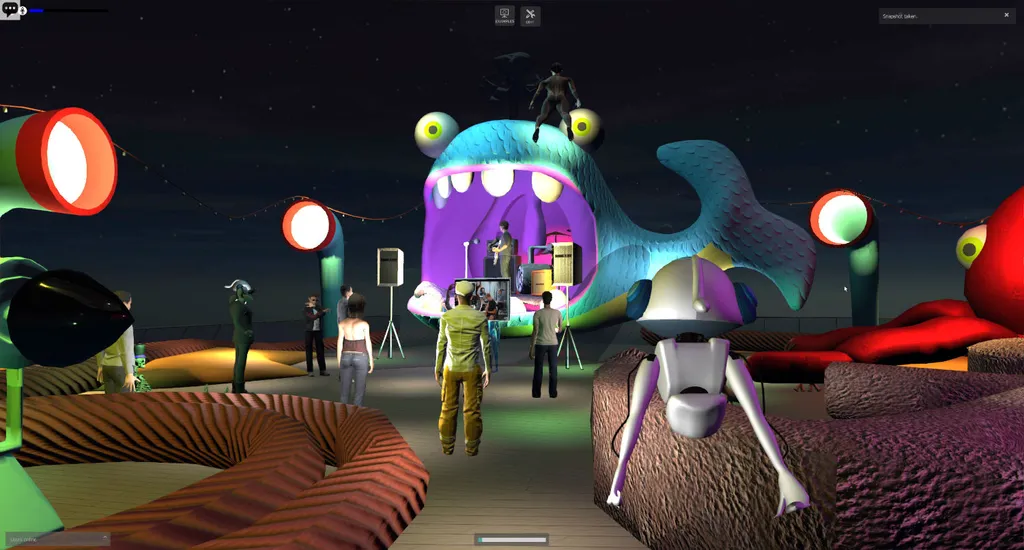High Fidelity co-founder and CEO Philip Rosedale published a new blog post on the High Fidelity site, providing updates on the social VR app and the company’s future. In short, the company will remove High Fidelity for download on online stores (such as Steam) in early 2020 and will lay off half their staff, as they pivot in a currently-unannounced new direction.
The extensive post covers a variety of topics, and everything below is only a summary with select quotes. We encourage those who are deeply involved or interested with High Fidelity’s economy, future as a platform, or company to read the post in full. It is accompanied by a Q&A for High Fidelity users who might be affected by the changes coming next year.
In summary, High Fidelity will no longer exist as a social VR app and will no longer be available to download from Oculus or Steam starting from January 15, 2020. This also includes the recent High Fidelity avatar app on smartphones which launched back in September of this year.
Likewise, the company will not be commercializing their “virtual workplace applications”, which they had been working on over the past six months. This saw the company understand “how to make a 3D VR environment usable, stable, and accessible to first-time, non-gaming audiences.” Rosedale did note that these systems are “intellectual property [that they] will take forward into future work.”
As for what that future work is, Rosedale stated that the company does have a new direction but would not give any specific details. “A team is already working on a new internal project, and although we aren’t going to talk about it now, we will have more to share about what we are doing when we are ready.”
This new pivot direction also means that 50% of the company staff have been laid off, effective immediately, alongside the non-layoff departure of seven-year High Fidelity CTO Brad Hefta-Gaub. “Our new project is different and in early development, which led us to the sobering realization that the incredible and talented team we have built, isn’t the one to take us forward,” said Rosedale. “Consequently, we will reduce our team size in half effective today.”
The High Fidelity Github repository will also be made private, but not until January 15, 2020. “We want to give community leaders time to create their own repositories and systems as desired”
The full blog post is available to read on High Fidelity’s website.
If you’re reeling from the news and looking for a replacement, we recommend VRChat for something similarly open-ended. It’s on every major PC VR headset, Oculus Quest, and non-VR PCs.


























